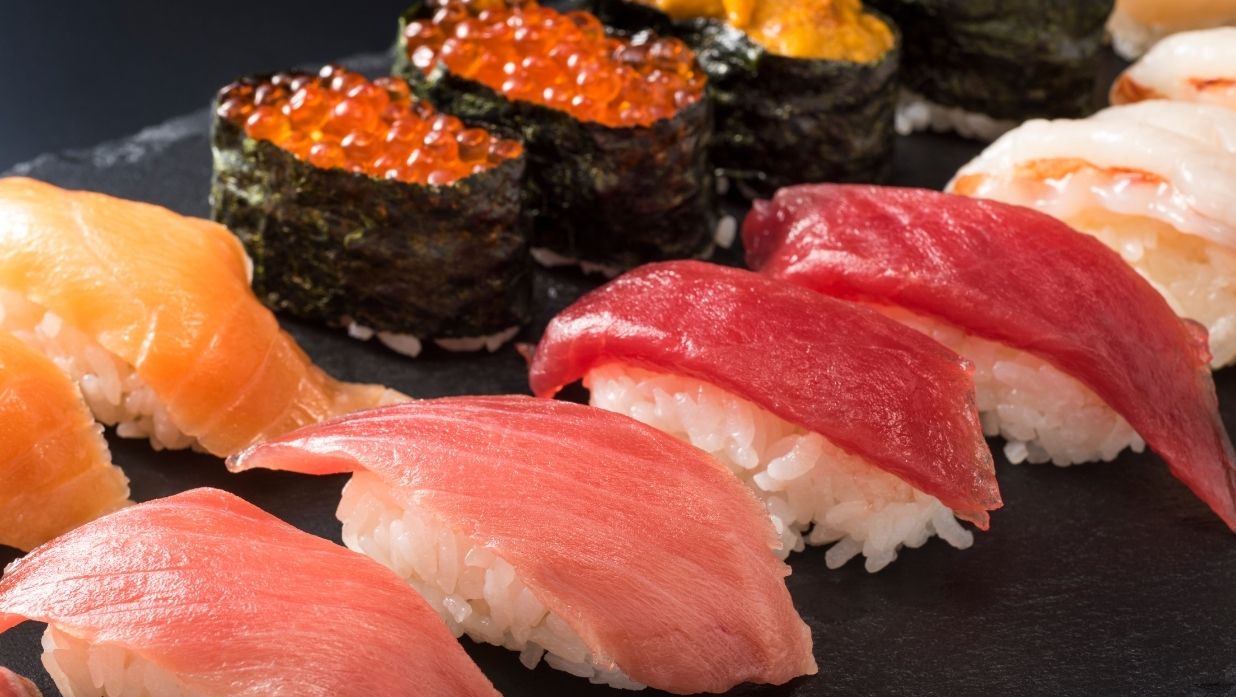Home / Coto Japanese Academy / Page 30
This is an older post – to see our upcoming monthly events – click here Monthly Events at Coto Coto Japanese Academy events in June are so promising! Perapera Night, Lunch Tour, Calligraphy Class, Kabuki Show & a Special Cooking Class! Perapera Active Learning Night Perapera Active Learning Night Friday, June 3rd Have you heard of the Japanese […]
Having many loan words, Japanese for love sometimes might sound familiar to our ears. That’s why it’s not that difficult to learn these useful words and phrases Love-Love…?Origins of Love-Love (ラブラブ)Other Loan words related to LoveTraditional Japanese words related to Love Love-Love…? – They are so love-love!– What are you saying?!– ラブラブだって!– Ah! You […]
Speaking in Japanese on the phone is a next level challenge for most students. Here’s our handy guide for some key phrases that you need to know.
Coto Japanese Academy will only be open for the Golden Week 5 Day Course on May 3rd, 4th, and 5th. Please note that on April 29th and May 3/4/ 5, there will be no Private Lesson nor Nihongo Plus classes! The 29th of April marks the start of a very special week for the Japanese, as […]
Introduction Rules of Japanese Honorific Prefixes Frequent Expressions Japanese Polite Prefixes When learning the Japanese respectful speech called Keigo, the attention is often focused on verbs construction and the social relations between a speaker and a listener. However, Keigo covers more than set expressions and situational examples, and in particular Japanese uses Honorific Prefixes. Most of […]
This is an older post – to see our upcoming monthly events – click here Monthly Events at Coto We are planning the following events in May 2016. Please send your request for participation to info@cotoacademy.com Lunch Tour in Kagurazaka ランチツアー in 神楽坂 Friday, May 6th 12:30-13:50 Each month, there are lunch tours to places […]
Spring (春) Photo Contest 2016! Coto’s Spring Photo Contest is HERE! Win up to 10,000 yen worth of exciting prizes by uploading the best photo you have taken in this Spring! How to Participate? Simply upload your photo and share with us why this photo is so special to you on either of the following social media […]
Eating Sushi is a must when coming to Japan, but can you order Sushi in Japanese? We don’t want you to have that problem during this wonderful experience Origins of SushiWalking into a Sushi RestaurantAppreciating your SushiTypes of Sushi MealsFrequently Asked Questions regarding eating SushiConclusion Origins of Sushi Sushi embarked its journey around the […]

